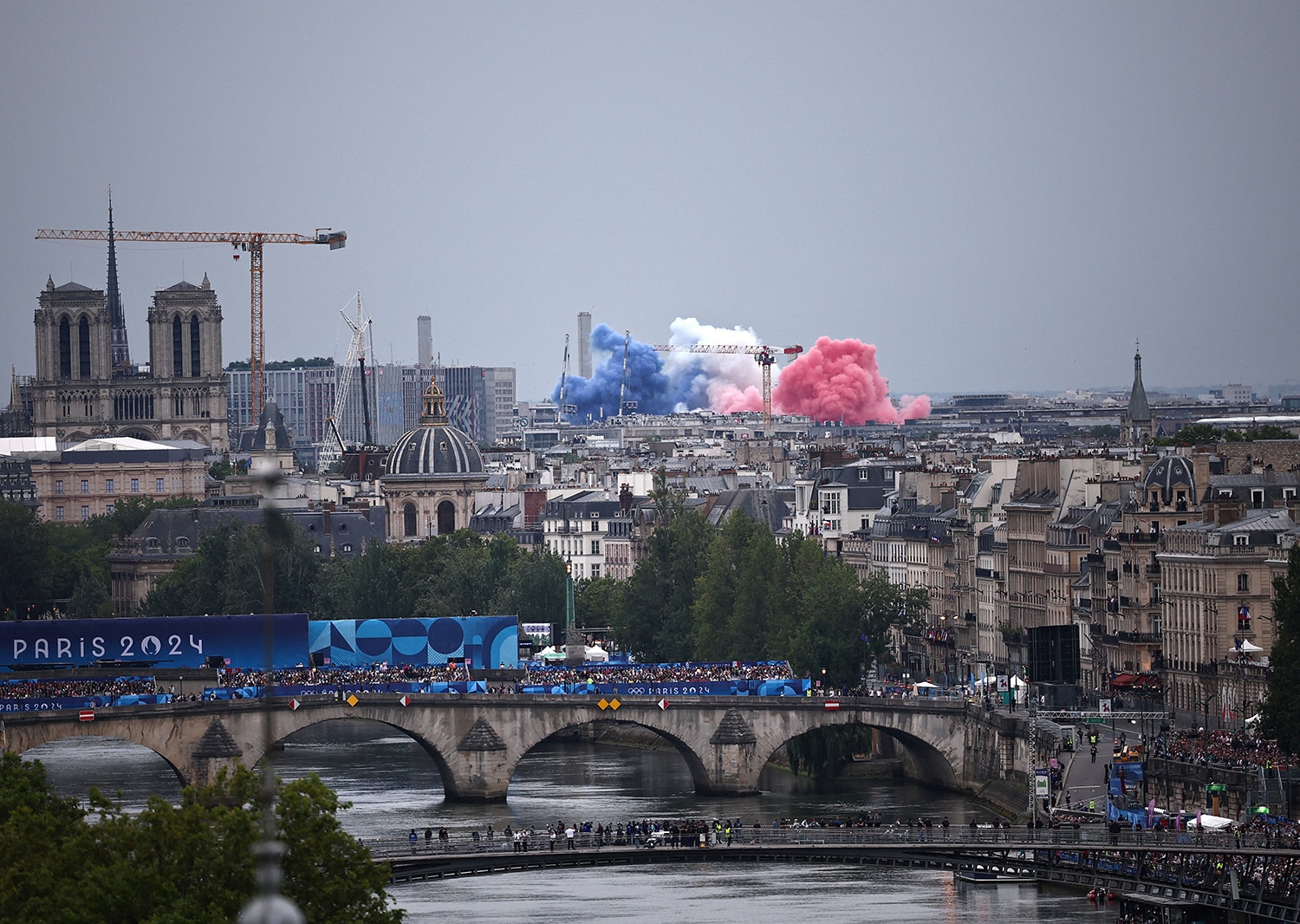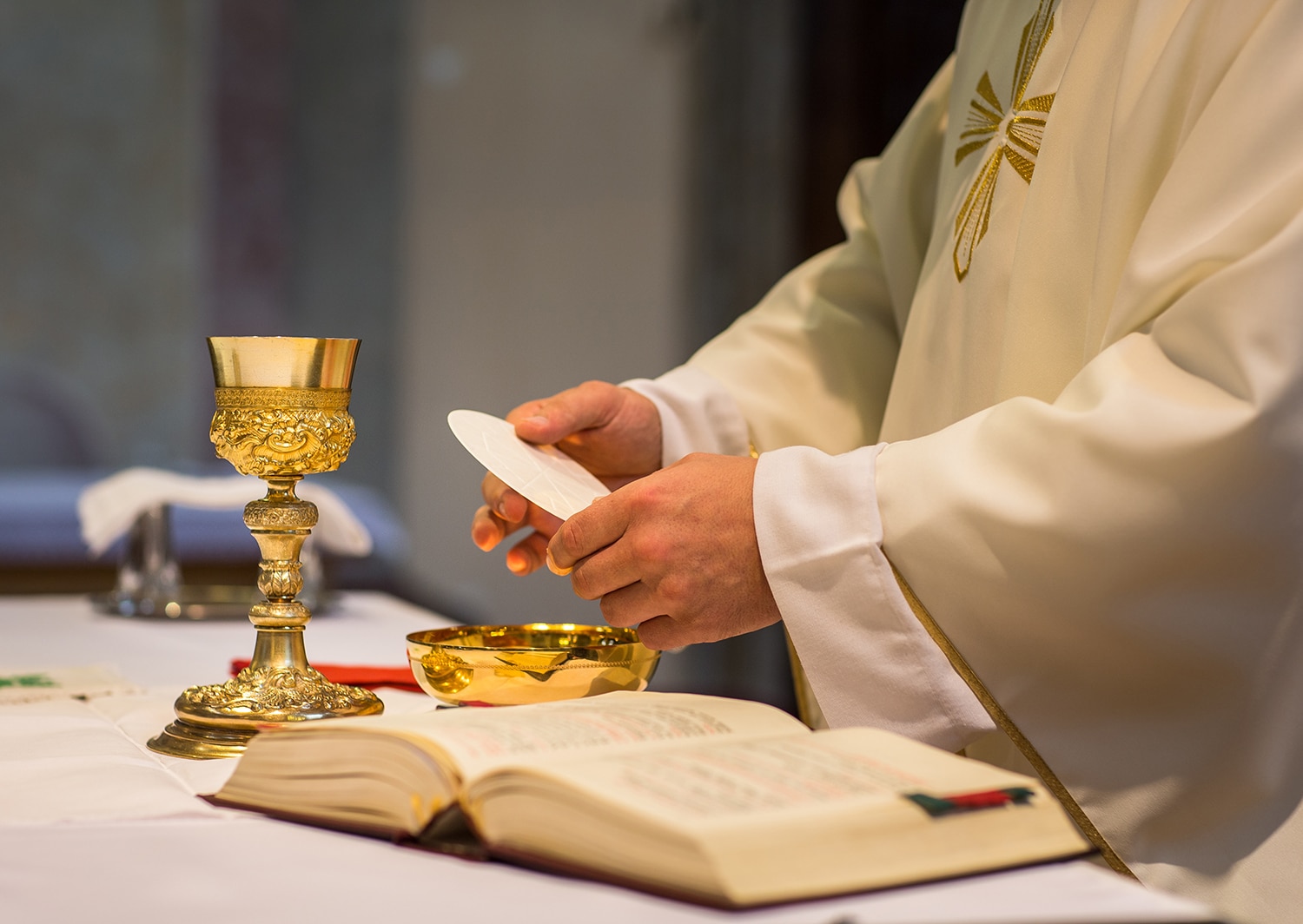Eight days after the closing Mass of the Tenth National Eucharistic Congress, I am (like so many other attendees) still processing a truly overwhelming experience. As a member of the Executive Team of the National Eucharistic Revival, I had had my doubts about the necessity, much less the efficacy, of a national congress from the moment it was first suggested almost exactly three years before. In meetings of the executive team, especially early on, I had expressed my concern that such an event would prove anticlimactic, even if — or perhaps especially if — we succeeded in attracting tens of thousands of people. Big events have a way of bringing an end to things. They may occasionally kick off a revival; but they hardly ever serve as a catalyst in the midst of a multiyear movement to propel it forward and to take it to another level.
And, only eight days in, we cannot say for sure that the National Eucharistic Congress will buck that trend. But based on my own experience and the testimony of my colleagues who attended, I believe it will. When the closing Mass ended, 60,000 people returned home on fire for Christ in the Eucharist and ready to share that flame with others.
The truth about salvation
There were many moments during the congress that drew those of us in attendance deeper into the mystery of the Eucharist, but for me, one of the most profound was a single line uttered by Sister Josephine Garrett during her talk on the Revival Stage in Lucas Oil Stadium on Friday night. In it, she summed up the state of the world before Christ, and after; the state of each of our souls before we are initiated into the Christian mysteries, and the reasons why we ask the Church for the gift of faith during our initiation into those mysteries. She dispelled in one sentence mistaken conceptions of salvation held by many of our brothers and sisters in Christ (and not just non-Catholics), and secular criticisms of Christianity based on those mistaken conceptions. She spoke from the depths of her soul the testimony of a true disciple of Christ, who recognizes why we need him so, and the promise that lies at the heart of the Eucharistic mystery.
“I’m broken, and I’m sinful, and I’m joyful, and I’m hopeful.”
I’m broken because the world is broken and has been since the fall of our first parents. I’m sinful and have done my part to break the world even more and to increase my own brokenness.
To recognize that we are broken and sinful yet joyful and hopeful: This is the fruit of the Eucharist.
I’m joyful because despite my brokenness and my sinfulness — or rather, because of them — my salvation does not depend upon me. Christ came to save me because I am broken and sinful, and I cannot save myself. I’m hopeful, because he who is without sin allowed himself to be broken for me so that my sins may be forgiven in this life and in the next, and I, though broken, may one day be made whole again, as God the Father intended me to be.
The real goal of the revival
To recognize that we are broken and sinful yet joyful and hopeful: This is the fruit of the Eucharist. We entered into the National Eucharistic Revival convinced that we needed to revive belief among Catholics that Christ is truly present — body, blood, soul, and divinity — in the consecrated host and chalice. And that need was truly there. But that is where the revival must begin, not where it ends. It must end in lives changed by the reception of his body and blood, by a deeper recognition of our brokenness and sinfulness and our need for his salvation, and by the joyful proclamation to every other broken and sinful and infinitely loved man and woman and child created by God that they should be as hopeful as we are because of the sacrifice of Christ upon the cross and upon every holy altar today, tomorrow and until the end of time.
We are broken and we are blessed; we are sinful and we are saved. We are joyful and we are hopeful and we must be the heralds of the Gospel of Christ.







